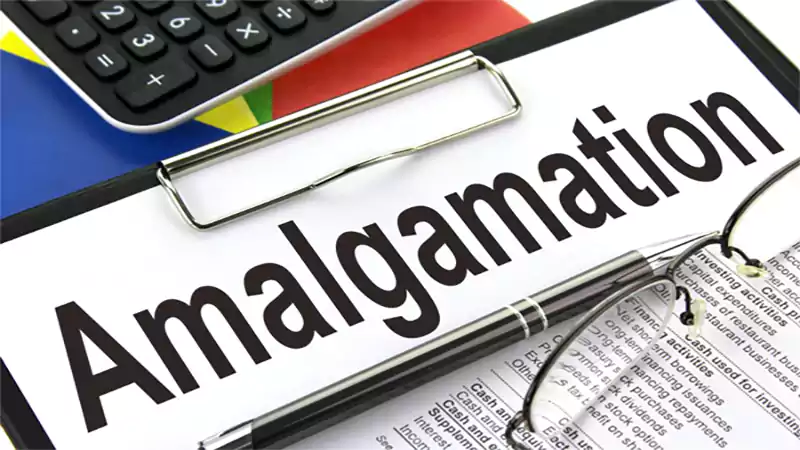Lease accounting has emerged as a specialized niche within the accounting profession, driven by increasingly complex regulatory requirements and the need for precise financial reporting. The advent of new accounting standards like IFRS 16 and ASC 842 has transformed how companies recognize and report leases, necessitating specialized expertise. This article explores the intricacies of lease accounting and why it has become a distinct area within the world of accountancy.
Understanding Lease Accounting
Lease accounting involves the recording and management of rental agreements where a company (lessee) uses assets owned by another party (lessor) in exchange for periodic payments. Traditionally, leases were classified as either operating leases or finance (capital) leases, each with different accounting treatments. Operating leases were often kept off the balance sheet, while finance leases were capitalized.
The introduction of IFRS 16 (International Financial Reporting Standards) and ASC 842 (Accounting Standards Codification) in recent years has overhauled lease accounting. These standards require companies to bring nearly all leases onto the balance sheet, recognizing a right-of-use asset and a corresponding lease liability. This change aims to increase transparency but adds layers of complexity to financial reporting.
The Complexity of Lease Accounting
The new standards have introduced challenges that make lease accounting a specialized field:
- Detailed Analysis Required: Companies must scrutinize all contracts to identify leases, including embedded leases in service agreements.
- Judgment and Estimates: Determining the lease term, discount rates, and assessing options like renewals or terminations require significant judgment.
- Data Management: Tracking lease information demands robust systems to handle large volumes of data accurately.
- Continuous Updates: Lease modifications and reassessments must be accounted for promptly, requiring ongoing attention.
These complexities necessitate specialized knowledge and skills, distinguishing lease accounting from general accounting practices. In short, its pretty complet which is why many businesses and accountants would rather put their trust in software or expertise. You can find out more about lease accounting software here, you can also check out the IFRS official website for information on lease accounting standard.
Why Lease Accounting Has Become a Niche
Several factors have contributed to lease accounting becoming a niche within the accounting profession:
- Regulatory Changes: The implementation of IFRS 16 and ASC 842 has fundamentally altered lease accounting, requiring accountants to develop expertise in these standards.
- Specialized Software: Managing leases under the new standards often requires dedicated software solutions capable of handling complex calculations and data management.
- Cross-Functional Collaboration: Lease accounting intersects with legal, operational, and financial departments, requiring professionals who can navigate multiple domains.
- Demand for Expertise: Companies seek specialists to ensure compliance and optimize lease portfolios, leading to increased demand for accountants with lease accounting proficiency.
- Impact on Financial Metrics: The capitalization of leases affects key financial ratios and performance indicators, necessitating careful analysis and communication with stakeholders.
Impact on the Accounting Profession
The rise of lease accounting as a niche has significant implications for the accounting profession:
- Educational Opportunities: Accountants are pursuing specialized training and certifications in lease accounting to meet market demands.
- Career Advancement: Expertise in lease accounting opens doors to roles such as Lease Accounting Manager or Consultant.
- Advisory Services: Accounting firms are expanding their services to include lease accounting advisory, assisting clients with implementation and compliance.
According to a survey by Deloitte, 52% of companies reported that implementing the new lease accounting standards was more challenging than anticipated, highlighting the need for specialized skills.
Real-World Statistics and Effects
The new lease accounting standards have had tangible impacts on businesses worldwide:
- Balance Sheet Expansion: Companies have seen an average increase of 25-30% in reported liabilities due to recognizing lease obligations.
- Industries Most Affected: Sectors like retail, aviation, and telecommunications, which rely heavily on leasing, are significantly impacted.
- Implementation Costs: Organizations have invested substantial resources, with some large companies spending over $1 million on implementation efforts.
A study by PwC revealed that 89% of companies anticipated that lease accounting changes would affect their financial statements, underscoring the widespread significance of this niche area.
Embracing Specialized Lease Accounting
For accountants and firms looking to embrace this niche, the following steps are essential:
- Education and Training: Pursuing courses and certifications focused on IFRS 16 and ASC 842.
- Technology Adoption: Utilizing specialized lease accounting software to manage data efficiently.
- Collaboration Skills: Developing the ability to work across departments and communicate complex information clearly.
- Staying Informed: Keeping up-to-date with regulatory updates and industry best practices.
Conclusion
Lease accounting has undeniably become a specialized niche within the accounting world, driven by complex new standards and the need for meticulous financial reporting. As companies navigate the challenges of compliance and financial transparency, the demand for professionals with expertise in lease accounting continues to grow. This niche offers accountants unique opportunities for career advancement and specialization, making it a vital and dynamic area within the profession.
By understanding the intricacies of lease accounting and embracing the specialized skills required, accountants can position themselves at the forefront of this critical aspect of financial management, contributing valuable insights and ensuring their organizations navigate the complexities of leases with confidence.

